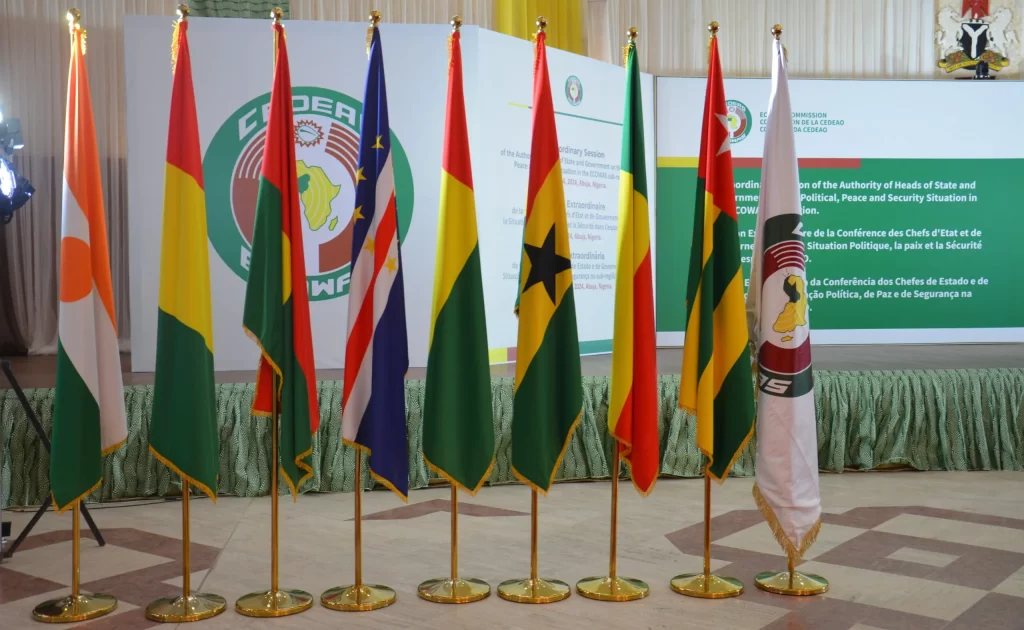The Economic Community of West African States (ECOWAS) marks 50 years of fostering economic integration, political stability, and regional cooperation. Established on May 28, 1975, ECOWAS has grown into Africa’s most successful subregional economic bloc, evolving from an economic-focused organization to a powerful political and economic union.
- Free Movement Protocol: Since 1976, ECOWAS citizens have enjoyed visa-free travel, promoting economic growth and trade across borders.
- Peace and Security: Through its peacekeeping force, ECOMOG, ECOWAS has played a vital role in stabilizing conflict-prone nations like Liberia and Sierra Leone.
- Infrastructure Development: The $15.1 billion Abidjan-Lagos Highway Corridor, set for completion by 2030, is a major step in enhancing trade and connectivity.
- Energy & Power Integration: The West African Power Pool (WAPP) and West African Gas Pipeline Project (WAGP) aim to provide stable electricity across the region.
- Economic Growth: Initiatives like the ECOWAS Trade Liberalisation Scheme (ETLS) and the Common External Tariff (CET) have boosted regional trade and investment.
Despite its successes, ECOWAS faces pressing challenges, including security threats, political instability, terrorism, and economic disparities. The recent exits of Mali, Burkina Faso, and Niger highlight growing tensions within the bloc.
As ECOWAS celebrates its Golden Jubilee, experts emphasize the need for renewed political commitment, deeper regional integration, and stronger economic policies to ensure a stable and prosperous future for West Africa.

